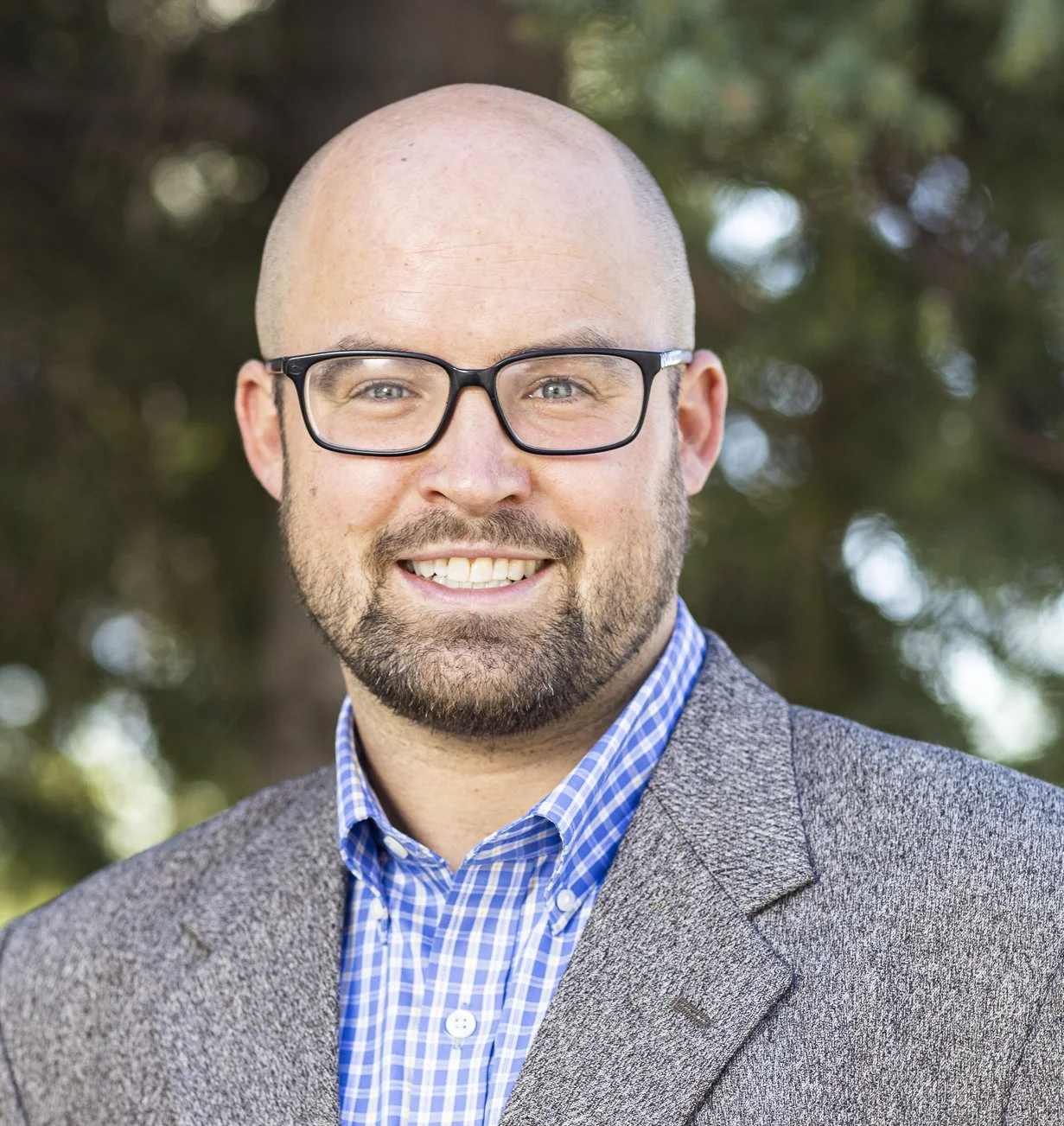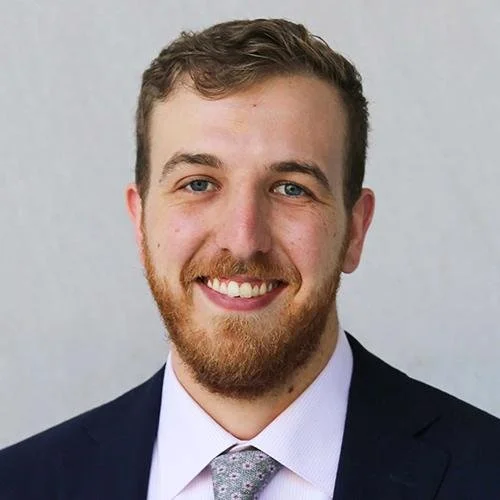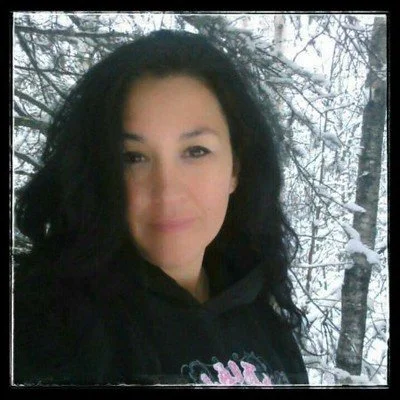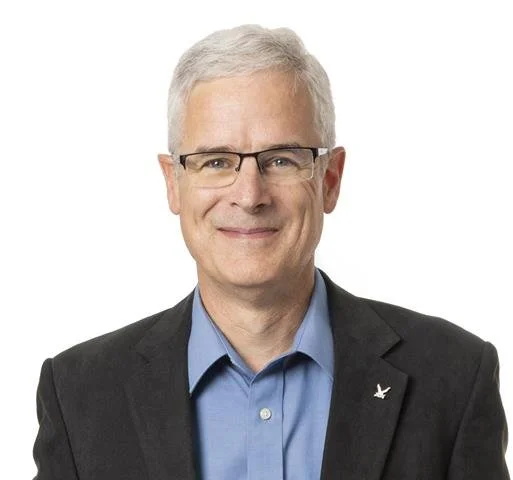Alaska in the Crosshairs: Climate, Arctic Environment, & The Resurgence of Nuclear Weapons
all events online and in-person at University OF Alaska Southeast Egan Library Lecture hall
Presented by Point Hope Congress / Juneau Chapter 100, Veterans for Peace / Juneau World Affairs Council / Alaska Peace Center
AGENDA
Friday fEBRUARY 16, 7 - 8:30P
“Firecracker Boys” Author Dan O’Neill
“HOW WE GOT HERE - ALASKA IN THE CROSSHAIRS OF ENVIRONMENTAL CHANGE”
Alzred Steve Oomittuk, Point Hope, alaska Elder
brief remarks reflecting on the tikiGaGmiut PEOPLE’s courageous confrontation with Edward Teller and the Atomic Energy Commission
saturday february 17, 9A - 5P
9:00 am – Craig Wilson, executive director, veterans for peace chapter 100
opening, land acknowledgement and orientation
9:15 am – Alzred Steve Oomittuk, Inupiaq Point Hope/ Tikigaq Elder
an Introduction to the people of point hope, who confronted Edward Teller and the Atomic Energy Commission, preventing “Operation Chariot”, and the importance of cultural continuity in a time of rapid change.
9:45 AM – Dr. Peter Kuznick, american university nuclear studies institute
The geo-political climate and evolving nuclear weapons design and policy makes using nukes more likely as a deterrent or response. The vast investment of $3 trillion in upgrading and modernizing our nuclear arsenal sends a message to the world. Even a conflict with a limited nuclear exchange has the potential of drastically affecting global climate changes within weeks. An ice-free Arctic can present a target or a model of international cooperation for a more peaceful region free of Nuclear Weapons.
10:45 AM – BREAK
11 AM – DR. phillip wight, HISTORY, ARCTIC AND NORTHERN STUDIES, UNIVERSITY OF ALASKA FAIRBANKS
"The Atom in the Alaskan Anthropocene: Nuclear Power and the New Arctic"
12 Noon - LUNCH BREAK (In-person light lunch provided)
1 PM - LT. COL. Craig Fleener, Ted Stevens Center and Center for Strategic and International Studies
“a nuclear arctic?”
and
Joseph Rodgers, PROJECT ON NUCLEAR ISSUES, Center for Strategic and International Studies
“Nuclear Competition and its’ Impact on the Arctic”
Today, all nine nuclear armed states are pursuing ambitious modernization plans to modify and, in some cases, expand the size of their nuclear arsenals. Alaska plays a central role in current plans to defend against nuclear attacks on the US homeland through long-range missile-defense systems. This presentation will provide a broad overview of global nuclear modernization and explore how these dynamics will impact the arctic and Alaska.
2 pm - Jackie Qataliña Schaeffer, Director of Climate Initiatives, Alaska Native Tribal Health Consortium
“A LIVED AND PROFESSIONAL EXPERIENCE: ARCTIC CLIMATE CHANGE AND COMMUNITY SAFETY AND STABILITY”
3 -3:15 PM - BREAK
3:15 Pm – Alzred Steve Oomittuk, Inupiaq Point Hope/ Tikigaq Elder
“perspectives on the future as seen from tikigaq”
3:45 pm - Shelby NESHEIM, POINT HOPE CONGRESS
panel DISCUSSION with symposium participants - “paths to resolution: NEXT STEPS.” THE STORY OF THE POINT Hope CONGRESS, AND ALASKA’S FUTURE. how can groups and individuals connect and engage with these environmental concerns, and what makes Alaskans crucial voices in this era of change?
4:45 pm - Craig Wilson, executive director, veterans for peace chapter 100
closing thoughts
THIS SYMPOSIUM MADE POSSIBLE BY Support FROM:
- the people of point hope, alaska
- alaska United Methodist Conference
- Northwest Coast Presbytery
- summitday media
- streamcast support from ktoo
- Anonymous donors
- a wonderful volunteer team
Presenter biographies
DAN O’NEILL
ALZRED STEVE OOMITTUK
DR. PETER KUZNICK
DR. PHILIP WIGHT
LT. COL. CRAIG FLEENER
JOSEPH RODGERS
JACKIE QATALINA SCHAEFFER
SHELBY NESHEIM
CRAIG WILSON
Author Dan O’Neill was born in San Francisco, educated at the University of California at Berkeley, and moved to Alaska 49 years ago. He worked on construction crews, built log cabins, hunted, fished, and ran dog teams. (He and his wife once ran their teams 800 miles across interior Alaska to Nome.) He was research associate at the University of Alaska’s Oral History Program, where he produced television and award-winning radio documentaries for public broadcasting. For several years he wrote a column of political opinion for the Fairbanks Daily News-Miner. He is the author of three books of literary nonfiction: The Firecracker Boys, A Land Gone Lonesome, The Last Giant of Beringia, as well as a nonfiction children’s book, Stubborn Gal. He twice won the Alaska Library Association’s Outstanding Alaskana of the Year award, and he was named Alaska Historian of the Year by the Alaska Historical Society. In 2020 he was awarded an honorary Doctor of Humane Letters degree for his contributions to Alaska history and literature.
Inupiaq Elder Alzred Steve Oomittuk was born six decades ago in Point Hope (Tikigaq), the epicenter of the events surrounding Project Chariot. As the eldest son, by tradition he was raised by his grandparents, both of whom were born in the early 1900’s and lived in traditional sod homes. His life experience includes thirty years on the Tribal Council of the Native Village of Point Hope, 12 years as Mayor of the City of Point Hope, and 12 years as Fire Chief. He has been a North Slope Borough Assemblyman, has sat on many boards and commissions. He is a life-long resident of the North Slope Borough of Alaska, and currently sits on both the Walrus and Beluga Commissions and is the Chairman of the North Slope Borough Subsistence Advisory Council. Oomittuk has focused his efforts on working to amplify voices in support of Alaska Native subsistence rights, to protect the environment and the health of animals and regional ecosystems, and to share the rich culture and traditions of Tikigaq and the North Slope Borough. Recently, he poetically reflected: “The wind has shifted - the stars are not in their normal places anymore. We must preserve our way of life, and teach the younger generation, for if we lose the animals, we lose our identity. We are no more.”
Dr. Peter Kuznick is author of ”Beyond the Laboratory: Scientists As Political Activists in 1930s America” (University of Chicago Press), co-author with Akira Kimura of “Rethinking the Atomic Bombings of Hiroshima and Nagasaki: Japanese and American Perspectives” (Horitsu Bunkasha, 2010), co-author with Yuki Tanaka of “Genpatsu to hiroshima - genshiryoku heiwa riyo no shinso” (Nuclear Power and Hiroshima: The Truth Behind the Peaceful Use of Nuclear Power (Iwanami, 2011), and co-editor with James Gilbert of “Rethinking Cold War Culture” (Smithsonian Institution Press). A New York native, he received his Ph.D. from Rutgers University in 1984. He was active in the Civil Rights and anti-Vietnam War movements and remains active in antiwar and nuclear abolition efforts. In 1995, he founded American University’s Nuclear Studies Institute. That year, on the 50th anniversary of the atomic bombings, his Institute co-hosted a major exhibit with the cities of Hiroshima and Nagasaki, which displayed many of the artifacts that were originally supposed to be part of the Smithsonian’s ill-fated Enola Gay exhibit. Every summer, since 1995, he has taken Institute students on a study-abroad class in Kyoto, Hiroshima, and Nagasaki. The Institute was named the most creative and innovative summer program in North America by the North American Association of Summer Sessions. In 2003, Kuznick organized a group of scholars, writers, artists, clergy, and activists to protest the Smithsonian's celebratory display of the Enola Gay at the Smithsonian Air and Space Museum annex. As part of this effort, he cofounded the Committee for a National Discussion of Nuclear History and Current Policy and the Nuclear Education Project with Hiroshima Mayor Tadatoshi Akiba and professors Mark Selden and John Dower. His current projects include a book on scientists and the Vietnam War and another that looks at how the evolving understanding that nuclear war could lead to annihilation of all life on the planet has shaped the behavior and views of military strategists, policymakers, and the public. He and Oliver Stone co-authored the 10 part Showtime documentary film series and book both titled The Untold History of the United States. He regularly provides commentary for all the major U.S. and international media and has begun his fourth three-year term as Organization of American Historians Distinguished Lecturer.
Dr. Phillip Wight is an Assistant Professor of History and Arctic & Northern Studies at the University of Alaska Fairbanks. He is an energy and environmental historian, focusing on infrastructure, mobility, and climate. Dr. Wight's recent work ranges from the history of nuclear energy in the North Pacific, to the cultural history of the Trans-Alaska Pipeline System, to the history of renewable energy and electrification in Alaska. He is currently finalizing a book manuscript, Arctic Artery: The Trans-Alaska Pipeline System and the World it Made, based on his doctoral research. Beyond the University, Dr. Wight is advocating for Alaskan Community Solar legislation (Sb152) and enjoys backcountry skiing, packrafting, and fatbiking throughout the state
Lt. Col. Craig Fleener is the Deputy Director of the Ted Stevens Center for Arctic Security Studies. Fleener was born and raised in Alaska. He’s from Fort Yukon, a small town on the north bank of the Yukon River, eight miles above the Arctic Circle in northeastern interior, Alaska near the Yukon, Canada border. He has a 35-year military career where he began as an enlisted U.S. Marine from 1986-1990. He transitioned to the Alaska Air National Guard in 1991 where he still serves today. He received his U.S. Air Force commission in 2001 from the Academy of Military Sciences.
Fleener was active as a Permanent Participant of the Arctic Council as the International Co-chair of the Gwich’in Council International, one of the six internationally recognized Arctic indigenous groups. The Arctic Council is the leading intergovernmental forum promoting cooperation in the Arctic. The Gwich’in Council International is a non-profit organization that represents Gwich’in in Alaska, United States and the Yukon and Northwest Territories in Canada.
Joseph Rodgers is an associate director and associate fellow with the Project on Nuclear Issues in the International Security Program at the Center for Strategic and International Studies (CSIS). He is also a PhD student in the biodefense program at George Mason University. Previously, he worked as a graduate research assistant at the James Martin Center for Nonproliferation Studies and interned with the United Nations Institute for Disarmament Research. Joseph holds an MA in nonproliferation and terrorism from the Middlebury Institute for International Studies.
Jackie Qataliña Schaeffer, an Iñupiaq from Kotzebue, Alaska, is the Director of Climate Initiatives at the Alaska Native Tribal Health Consortium under the Department of Community Environment and Health. For decades she has worked across Alaska holistically infusing indigenous knowledge into a variety of sectors she has experience in, including comprehensive planning, energy, housing, water security, sanitation and climate change adaptation for rural communities. Her passion is to serve the indigenous people of Alaska and provide an indigenous perspective to all her work, including the importance and recognition of traditional philosophies, knowledge and world views. Schaeffer offers stakeholder facilitation and project support for a broad range of projects, including environmental health, climate and sanitation, throughout the State of Alaska. She was Lead Facilitator for the Holistic Approach to Northern Sustainable Communities project and helped coordinate efforts and co-author the Bering Straits Regional Energy Plan, North Slope Regional Energy Plan, Northwest Arctic Regional Energy Plan, Interior Regional Energy Plan, Y K Delta Regional Energy Plan and the Chugach Regional Energy Plan with the Alaska Energy Authority (AEA) and local and regional leaders. Current work includes water security and sanitation services for unserved homes in rural Alaska, Climate Adaptation, Community Engagement and bridging gaps in services through an indigenous lens.
Originally from Skagway, Alaska, Shelby Nesheim is an outspoken activist and teacher, and is the developer of the original Point Hope International Youth Congress. Nesheim has traveled to the Marshall Islands to present youth theater for and with Marshall Islanders, and is networked with international anti-nuclear weapons activists and organizations. Ms. Nesheim holds a B.S. in Interdisciplinary Studies from UAF and an M.S. in Environmental Sciences from the American University of Beirut. She completed the UAS M.A.T. program in May 2021, after student teaching at JDHS with mentor teachers Ms. Lara Dzinich and Mr. Ben Carney. She teaches Honors Chemistry, Honors Biology, and Oceanography, and co-coaches the JDHS National Ocean Sciences Bowl (NOSB) team. Her favorite hobbies include anything that involve getting outdoors (rain-or-shine) with her four-legged friend and adventure buddy, Beau the Cattle Dog.
Symposium Moderator Craig Wilson is the President of the Veterans for Peace Chapter 100 in Juneau, Alaska, joining the organization in 2017. He holds degrees from State University of New York (Physics) and Rochester Institute of Technology (Environmental and Emergency Management) and was commissioned as a U.S. Coast Guard officer in 1988. His first exposure to Alaska was in 1989 as part of the Coast Guard response to the Exxon Valdez oil spill and he has broad experience responding to oil and hazardous materials incidents. He was assigned to Juneau in 1991 and has called Alaska home since then, finishing his Coast Guard career as a search and rescue coordinator in 2000. Originally from a small village in northern New York state, Wilson's early experience with environmental issues was as a high school student, assisting the New York State Department of Environmental Conservation in studying acid rain effects on nearby mountains. Later on he surveyed civil defense bomb shelters for FEMA. In his professional career, he has conducted counter-terrorism and emergency response planning along with a wide variety of environmental planning projects throughout Alaska.









